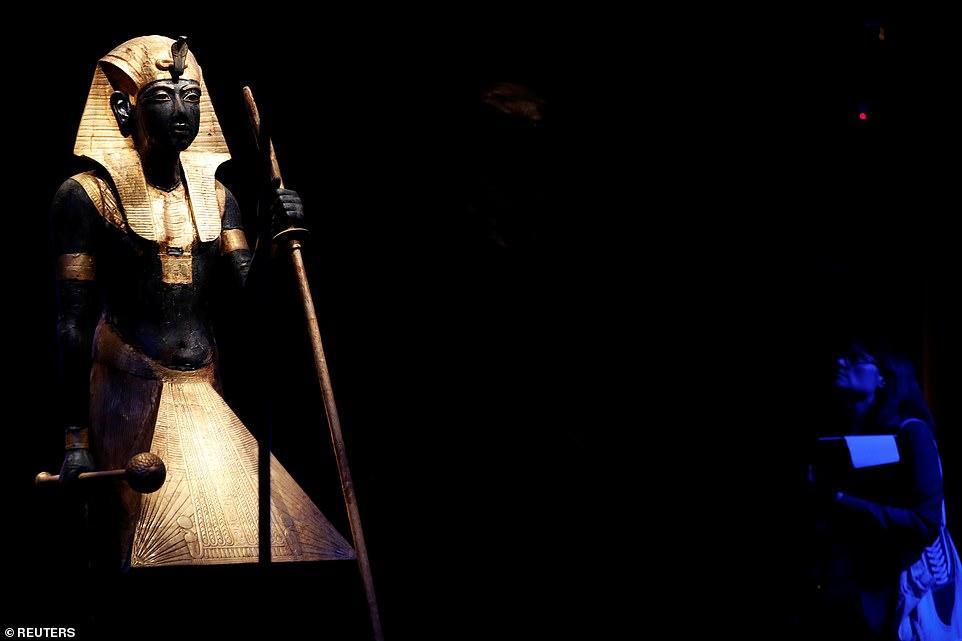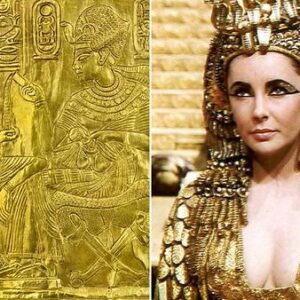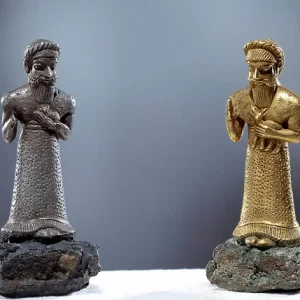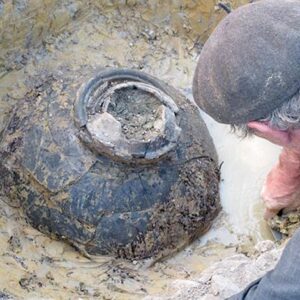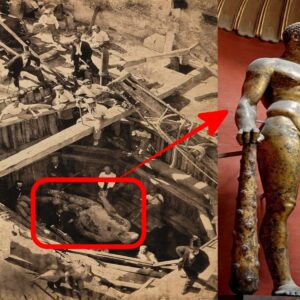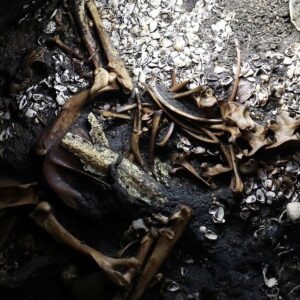Mysterious ‘black goo’ has long puzzled historians and archaeologists, with its purpose in Ancient Egyptian burial practices remaining enigmatic for centuries. However, recent breakthroughs at the British Museum have shed light on this ancient substance.
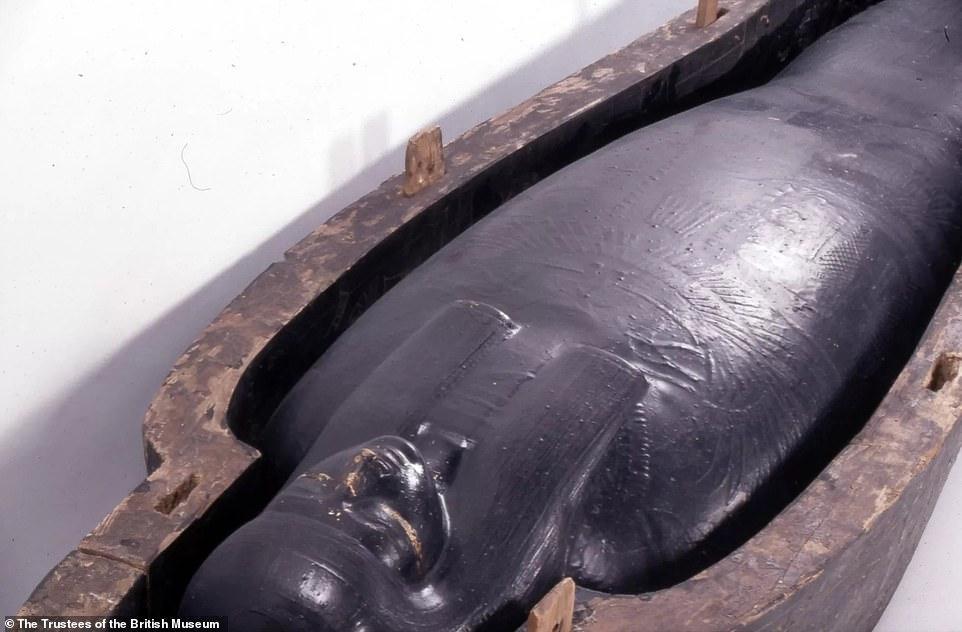
For years, Egyptologists and researchers have known of the existence of this strange black substance, which was used to cover the coffins of the deceased. Ancient Egyptian tombs have yielded countless examples of coffins adorned with this gooey material. Its significance, though, remained elusive until now.
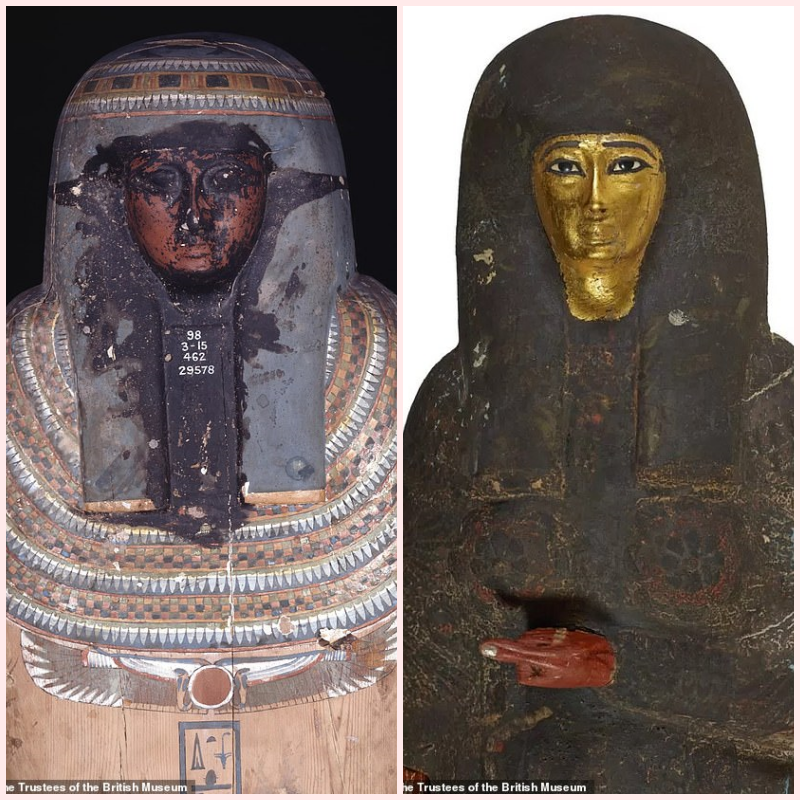
A team of experts from the British Museum embarked on a mission to unravel the secrets of this ‘black goo.’ Through a combination of cutting-edge scientific techniques and a deep dive into historical texts, they have made significant strides in understanding its composition and purpose.
Initial analyses of the substance reveal that it is a complex mixture of organic and inorganic materials. It is believed to have been made from a combination of bitumen, resins, and organic matter. The black goo was carefully applied to the coffins, often with intricate designs and symbols etched into its surface.
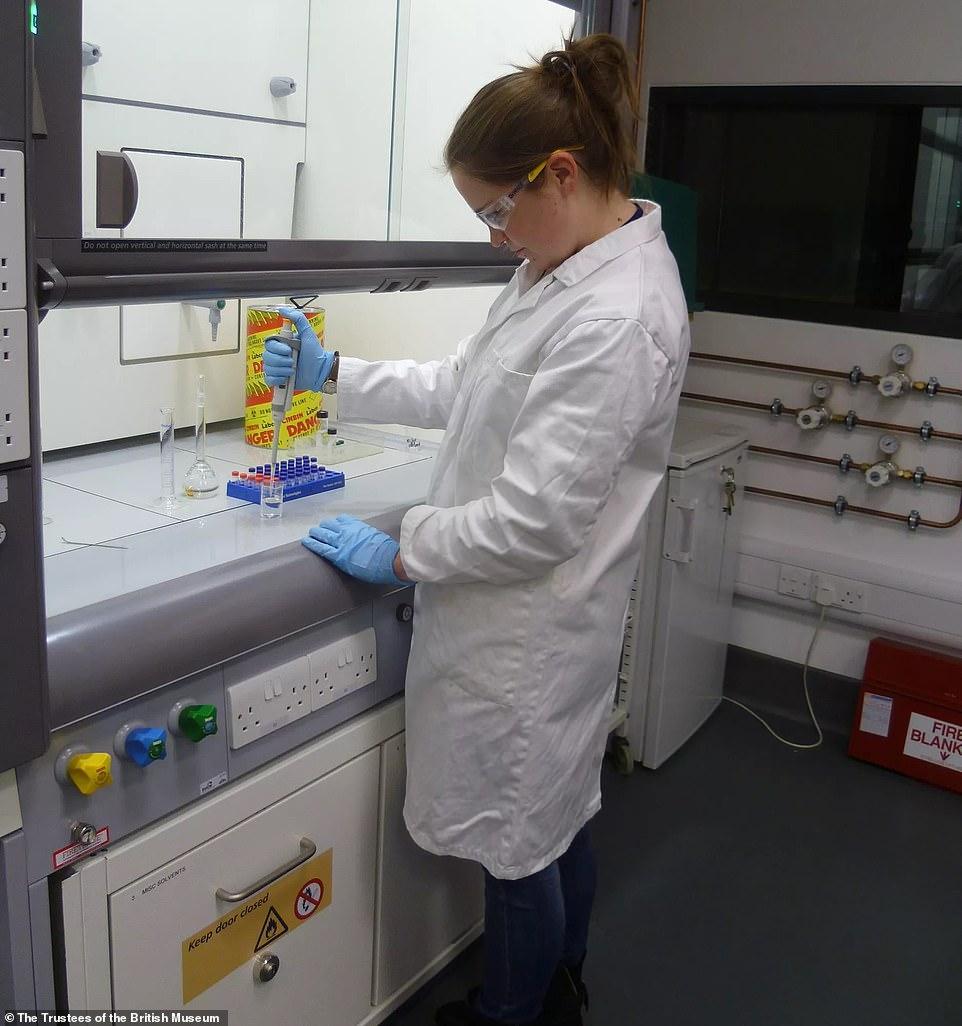
The breakthrough came when researchers discovered references to the black goo in ancient Egyptian texts. These texts, which date back thousands of years, shed light on its purpose. It appears that this mysterious substance was not just a decorative element; it played a crucial role in the Egyptian belief system surrounding the afterlife.
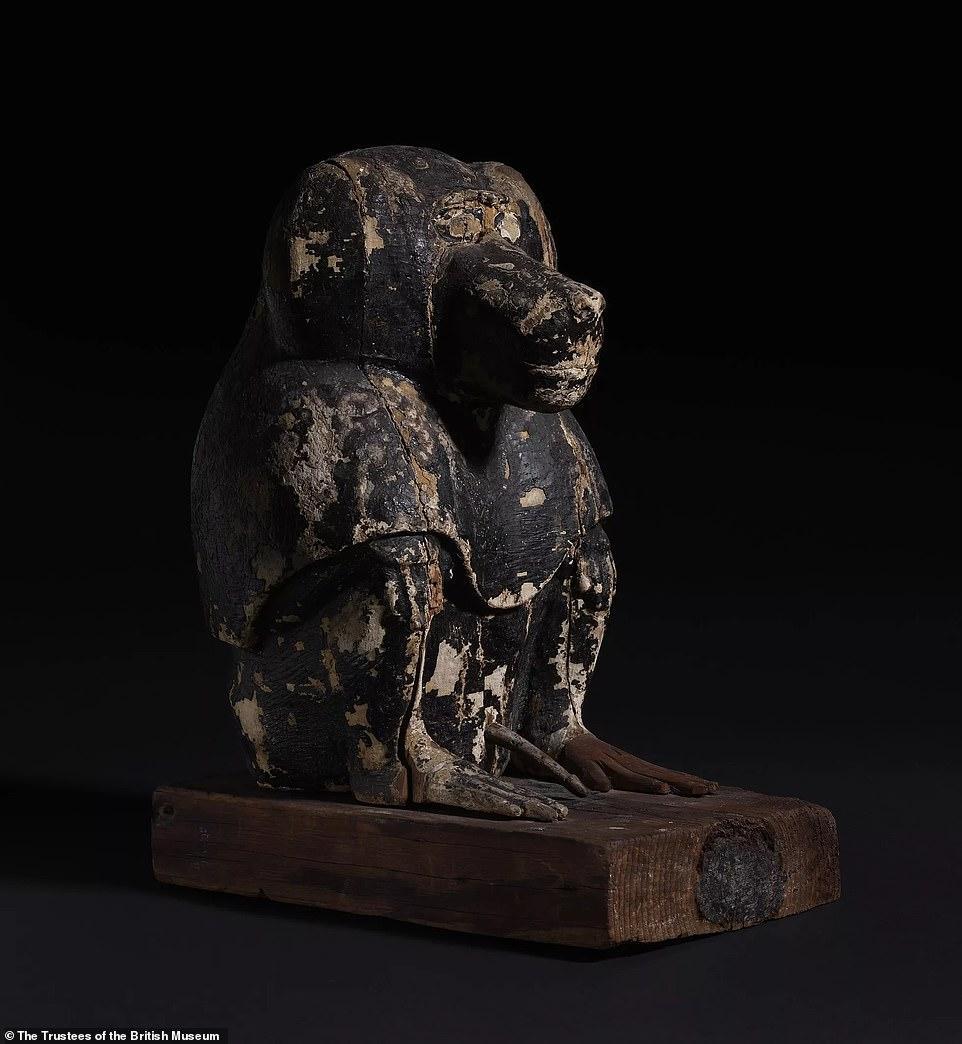
According to these newly deciphered texts, the black goo was seen as a protective barrier, guarding the deceased against malevolent forces in the afterlife. It was believed to have the power to ward off evil spirits and ensure the safe journey of the soul to the afterworld. Its application on coffins was a symbolic act of safeguarding the deceased in their eternal journey.
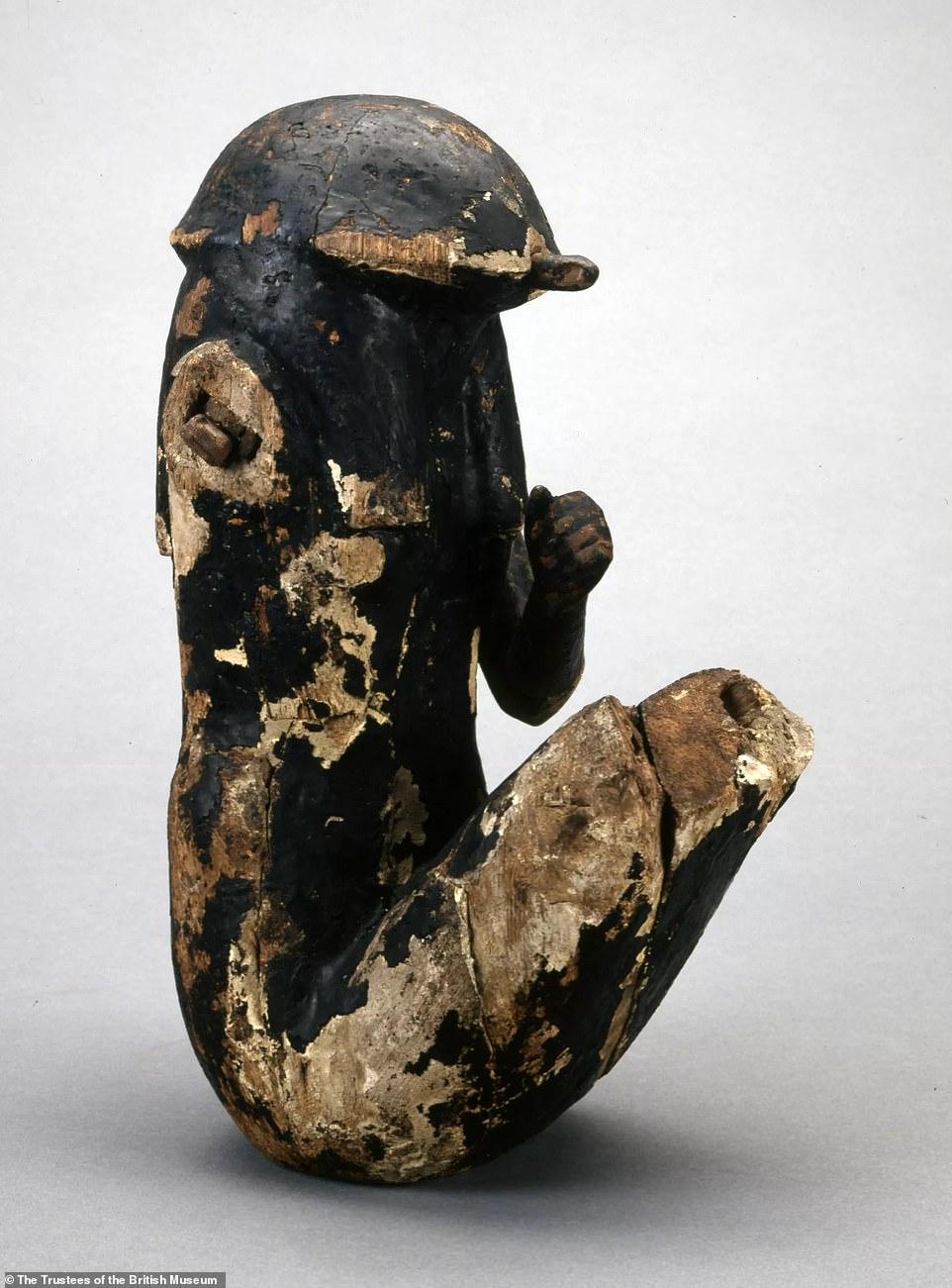
The British Museum’s findings have opened up new avenues of research into the religious and spiritual practices of the ancient Egyptians. Understanding the significance of the black goo adds depth to our comprehension of their intricate burial customs and beliefs about the afterlife.
As researchers continue to delve deeper into this discovery, it is anticipated that even more insights will emerge, unraveling further mysteries of the fascinating ancient Egyptian civilization and the role of the enigmatic ‘black goo’ in their rituals and beliefs. The British Museum’s work in identifying and interpreting this substance is a testament to the ongoing efforts to piece together the rich tapestry of our shared human history.





